France is currently educating a generation of highly qualified young people, but their skills do not always match the needs of the labor market. Between downgrading and labor shortages, this mismatch between education and employment reveals the poor distribution of qualifications within French education systems.
Young people with increasingly higher qualifications
In 2023, 52% of young people aged 25 to 29 will have a higher education degree, an increase of 11 points in twenty years (INSEE, 2025). This figure illustrates the expansion of higher education in France: in forty years, the proportion of high school graduates has jumped by 50 points to reach nearly 80% of a generation. This democratization of access to higher education, although often presented as a collective success, has never been so out of step with the needs of the market.
Professional downgrading affects one in five employees in France (INSEE, 2023). It comes with a feeling of frustration and loss of meaning among young workers, whose expectations of work have changed profoundly (search for meaning, work-life balance, societal impact). For these young graduates, the disillusionment is stark: despite a prestigious and consistent curriculum, access to stable or skilled employment remains difficult. Many are faced with a saturated job market at certain skill levels and employers who consider them “overqualified.” Paradoxically, having too many qualifications is becoming a hindrance, whereas historically it was seen as the key to success.
At the same time, recruitment pressures for less skilled jobs
This difficulty for overqualified graduates to enter the job market contrasts sharply with recruitment pressures in industrial sectors. In the aerospace industry, for example, 25,000 positions will need to be filled by 2025, according to France Travail, whereas 60% of companies in the sector are struggling to recruit. Furthermore, most of the occupations facing recruitment difficulties in one sector are also facing difficulties in other sectors, leading to competition between companies to attract these profiles.
So, while graduates with five years of higher education struggle to find work, essential technical jobs remain vacant. Driven by the social prestige of higher education, young people seek to obtain the highest possible degree, while companies are looking for workers and technicians with baccalauréat professionnel or technical degrees. Furthermore, even among students who have completed these more technical programs, a significant proportion choose not to enter the workforce immediately. For example, 75% of students enrolled in vocational aeronautics programs continue their studies rather than entering the job market right away (Onisep). This situation limits the supply of skilled workers that the industry needs. Indeed, there is a real challenge for companies to recruit these key profiles, as the lack of available labor risks slowing down production, which is intensifying, and weakening the supply chain. It also reveals a cultural problem: the undervaluation of technical and manual training, often perceived as paths to social relegation, when in fact they are now a real need for companies and an essential lever for industrial sovereignty.
This lack of appeal for technical professions can also be explained by the negative image of certain jobs. They suffer from prejudices associated with hardship or restrictive working hours, even though working conditions are improving and salaries are becoming more attractive. Indeed, INSEE points out that in the private sector, workers’ wages rose by 15.9% over the period 1996-2023, faster than those of other socio-professional categories (INSEE, 2024).
Promoting less skilled jobs: a challenge for vocational training
As a result, when young people enter the labor market, they are often overqualified for the needs of the sector. The challenge is therefore no longer just to provide more training, but to provide training where it is needed, by taking actions such as:
- Symbolically enhancing the status of technical and industrial professions through communication campaigns to raise awareness and combat associated prejudices.
- Rethinking the relationship between schools and businesses by involving businesses in training and promoting integration and discovery of jobs.
- Encouraging more women to enter blue-collar professions to tap into a pool of untapped talent.
- Promoting a culture of continuing education among employers and employees to help employees develop the skills they need to meet training requirements and keep pace with the technological and organizational changes taking place in these sectors.
KYU helps you identify the obstacles you face in recruitment and design internal training and career paths (GEPP – Gestion des Emplois et des Parcours Professionnels). Our expertise enables you to strengthen your employer brand, improve the attractiveness of your professions, and retain your employees. It also helps you anticipate your needs, adapt your workforce, and develop the critical skills necessary for the transformations underway in your sector.
Sources :
- « Depuis ce matin, on n’a pas reçu un seul CV de technicien » : ces candidats peu qualifiés que l’aéronautique s’arrache », Les Echos, septembre 2025
- L’essentiel sur… les salaires, Insee, 2024 https://www.insee.fr/fr/statistiques/7457170
- Formations et emploi, Insee, 2025 Des jeunes de plus en plus diplômés, mais des difficultés d’insertion qui subsistent pour les moins diplômés − Formations et emploi | Insee


